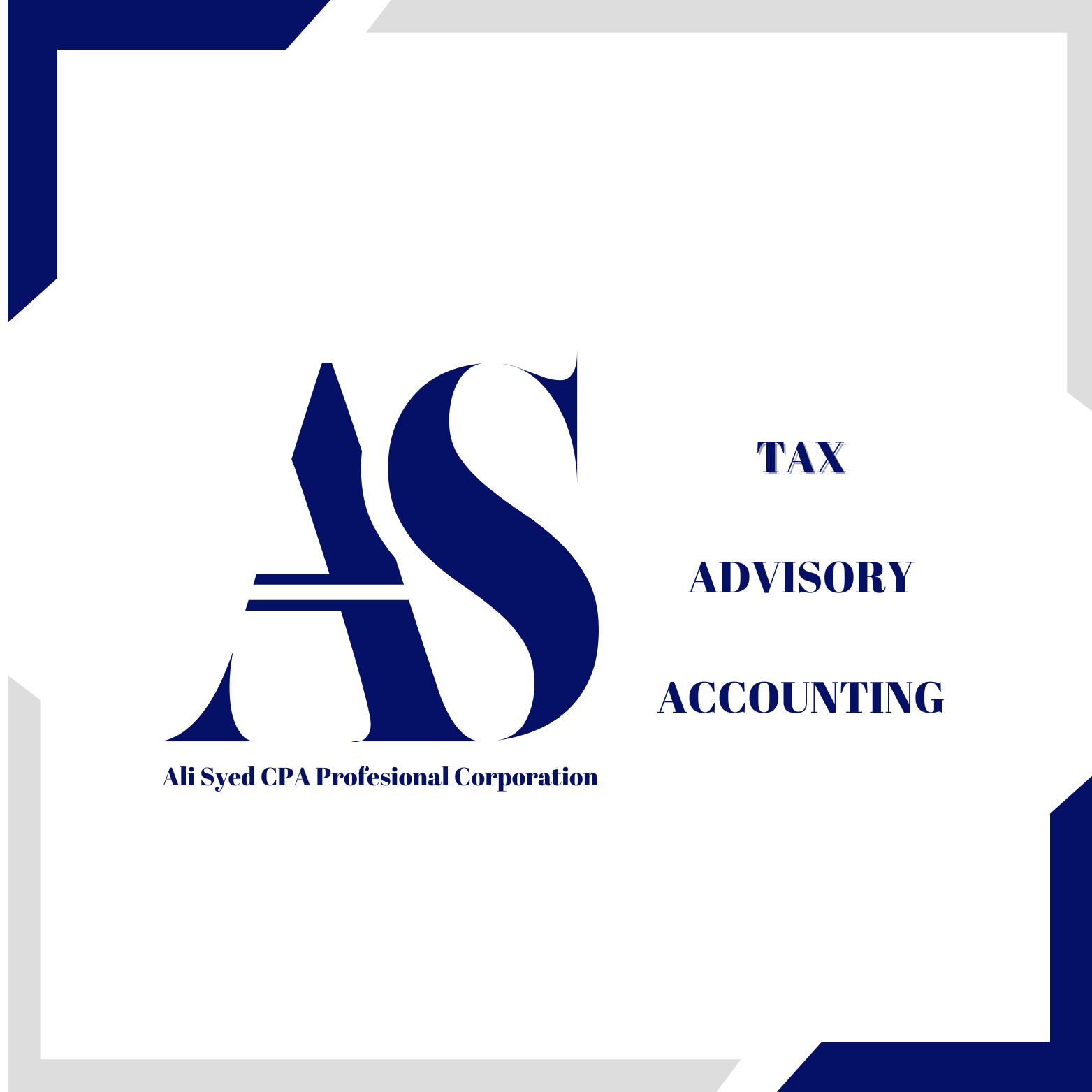Running a business in Oshawa brings its own set of rewards and challenges. Navigating the intricacies of tax regulations can be particularly daunting, leading to costly mistakes if not handled correctly. This blog aims to equip Oshawa entrepreneurs with crucial knowledge, highlighting common tax pitfalls and offering practical tips to ensure smooth sailing on your entrepreneurial journey.
Mistake #1: Failing to Separate Business and Personal Finances
Keeping your business finances separate from your personal expenses is essential for accurate record-keeping and tax filing. This means having dedicated bank accounts and credit cards solely for business transactions. Mixing personal and business expenses can lead to misinterpretations during audits and potentially result in penalties.
Tip: Open separate business bank accounts and credit cards. Track all business-related expenses meticulously, using receipts and invoices as proof of transactions.
Mistake #2: Not Keeping Proper Records
Maintaining organized and comprehensive financial records is paramount for accurate tax filing. This includes invoices, receipts, bank statements, and other documents that support your income and expenses. Without proper records, you might miss out on claiming legitimate deductions or face difficulties substantiating your income during an audit.
Tip: Implement a system to track all income and expenses, whether it’s a simple spreadsheet or dedicated accounting software. Save all receipts and invoices electronically or in a secure physical location.
Mistake #3: Filing Taxes Late or Incorrectly
Missing tax filing deadlines or submitting inaccurate information can result in hefty penalties and interest charges. Ensure you understand the relevant deadlines and filing requirements specific to your business structure.
Tip: Familiarize yourself with the Canada Revenue Agency (CRA) guidelines for small businesses. Consider consulting a qualified accountant or tax advisor for assistance with filing your taxes, especially if your business structure is complex.
Mistake #4: Ignoring HST (Harmonized Sales Tax)
If your business generates over $30,000 in revenue annually, you are required to register for HST. This means collecting HST on your sales and remitting it to the CRA. Failing to comply with HST regulations can lead to significant penalties and potential business license revocation.
Tip: Register for HST if your business meets the revenue threshold. Regularly track and collect HST on all applicable sales. File HST returns and make payments to the CRA on time, as per the stipulated deadlines.
Mistake #5: Not Claiming All Eligible Deductions
Many legitimate business expenses are tax-deductible, significantly reducing your taxable income. These can include office supplies, rent, marketing costs, travel expenses, and professional fees. Failing to claim eligible deductions means paying more in taxes than necessary.
Tip: Educate yourself on common business tax deductions that apply to your industry. Consult with a tax advisor to ensure you are claiming all eligible deductions and maximizing your tax savings.
Beyond the Basics: Oshawa Entrepreneurs Tax Planning
While avoiding common mistakes is crucial, proactive tax planning can optimize your financial situation further. Consider these additional steps:
Understanding your tax bracket: Knowing your tax bracket helps you estimate your tax liability and make informed financial decisions.
Maximizing RRSP contributions: Contributing to Registered Retirement Savings Plans (RRSPs) reduces your taxable income in the current year and allows your savings to grow tax-deferred until retirement.
Exploring tax-advantaged business structures: Depending on your specific business model, exploring different legal structures like sole proprietorship, partnership, or corporation might offer distinct tax advantages.
Conclusion:
Taxation can be a complex landscape, but by staying informed, maintaining accurate records, and seeking professional guidance when needed, Oshawa entrepreneurs can navigate the system confidently. Remember, these tips are for general understanding and do not constitute professional tax advice. Consult with a qualified tax advisor or accountant to ensure you are compliant with all tax regulations and optimize your tax strategy for your unique business situation. By taking control of your tax knowledge, you can focus on what truly matters – growing your Oshawa enterprise.

